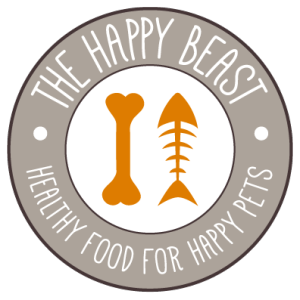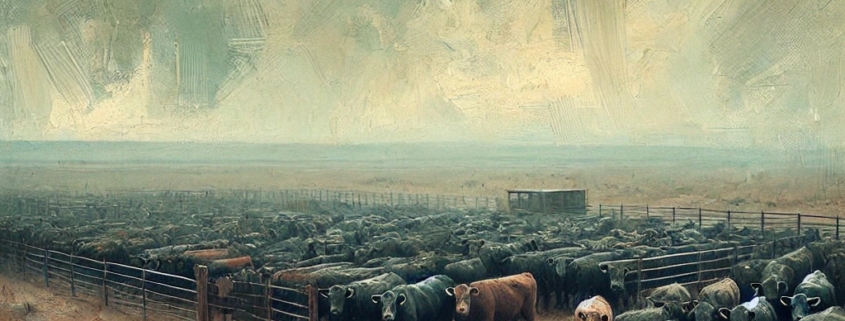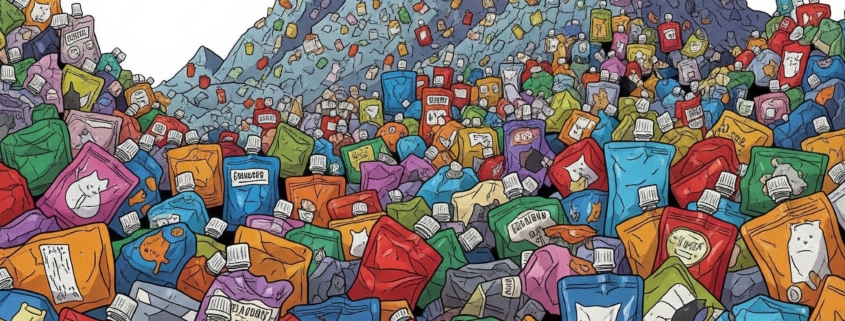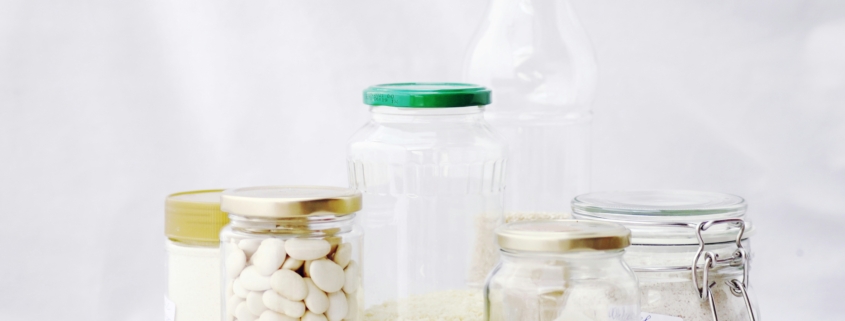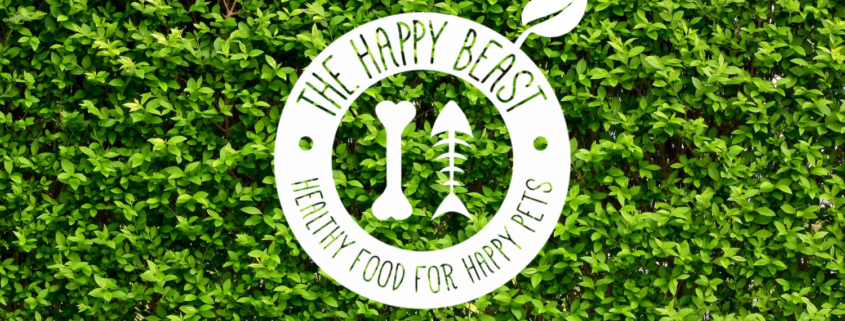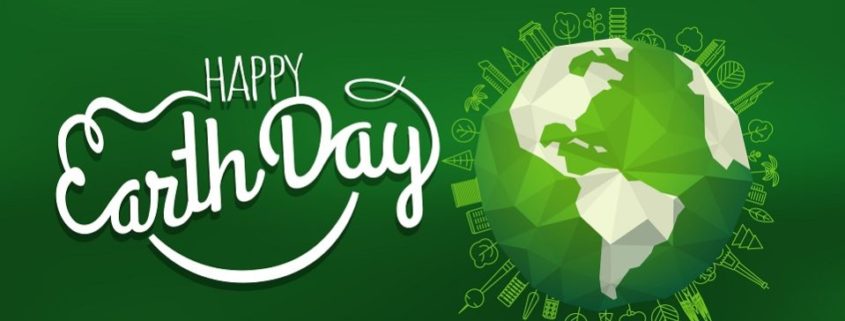Totnes in the United Kingdom is my dream town. Well, at least when it comes to sustainability it is. In terms of weather, I’ll take beautiful Lafayette over dreary ol’ England any day. But with a little work, we can make our community just as sustainable.
I had never heard of Totnes until recently, when I was listening to a TED Radio Hour about finite resources. It is one (and the first) of 350 towns and cities across the world participating in the Transition Town Movement. The Transition Town Movement is a model of sustainability created by Rob Hopkins. The purpose of this social movement is for communities to begin shifting away from their reliance on fossil fuels and to begin focusing on manufacturing and purchasing local goods and commodities in order to increase their resilience and insulate them from any negative effects of a rapidly changing global economic system. The people of Totnes have developed an Energy Descent Action Plan that provides a guide for their own town and others to reduce our dependency on fossil fuels and lower our carbon footprints.
So what does my sustainable dream town have to do with pet food and supplies? Well, to us, sustainability is the foundation of everything we do. We love living and working in Lafayette and we’re dedicated to constantly analyzing how our own actions impact our community. Because sustainability issues are quite complex, we continue to be a part of the Lafayette Green Business Program and look for ways to strengthen our commitment year after year. Check out our progress so far by reading our previous blog posts (links below).
This year, we’ve been looking even more critically at what we throw away, including assessing the effects of packaging and diverting more waste away from landfills by using Eco-Cycle’s CHaRM facility and Terracycle. Here’s a bit more about these great organizations:
- CHaRM or the Center for Hard to Recycle Materials and is run by Eco-Cycle, a local nonprofit organization out of Boulder that’s been in business for over 40 years! At the CHaRM facility Eco-Cycle recycles materials that typically are sent to landfills, but don’t need to be, including cooking oil, cement, small appliances, yoga mats, and all types of plastics. At The Happy Beast, we use CHARM to recycle the clear plastic packaging that wraps larger shipments of canned pet food and bulk treats. Eco-Cycle charges a $3 fee for every vehicle, in addition to the recycling fees that apply to specific materials like electronics, bike tires, and porcelain, but there is no additional fee for most plastics. And if you’re planning to use CHaRM on a regular basis, we recommend setting up a business account, which reduces the $3 trip fee.
- Terracycle is a global waste management company based in New Jersey that aims to reuse, upcycle, and recycle almost every form of waste, including such diverse waste streams as industrial byproducts, toy action figures, styrofoam, and scraps of hair from salons – they literally recycle almost everything! At The Happy Beast, we have Terracycle Zero Waste Boxes for all our pet food packaging and personal packaging such as chip bags and to-go food containers. Earthborn, one of the great natural pet food brands we carry, even has their own program and Zero Waste Boxes with Terracycle. We encourage all our customers to return their clean, empty pet food bags to us at the store and so far we’ve collected over 1,500 bags for recycling!
Our next projects include:
- Reducing our electricity and natural gas use with Xcel Energy by implementing additional energy efficiency measures including replacement of our existing fluorescent light bulbs and fixtures with more energy efficient LED options.
- Identifying new opportunities through the Lafayette Green Business Program. If you own a business in Lafayette (or know someone who does) you can apply for free through the City of Lafayette website.
- Offsetting our carbon footprint through Terrapass through Renewable Energy Credits (RECs).. By purchasing RECs, we will be investing in projects that promost renewable energy like wind and solar while reducing greenhouse gas emissions. Look for our implementation of this project this fall.
All the steps we are implementing at the store, we are also doing in our own homes. We want to spread the word about these amazing companies and what we can all do to make this world a healthier place for future generations.
Stay tuned for future sustainability updates and let us know if you have any other ideas or suggestions to improve our collective sustainability. And check out the links below for more information on the Transition Town Movement – perhaps Lafayette could be next!
